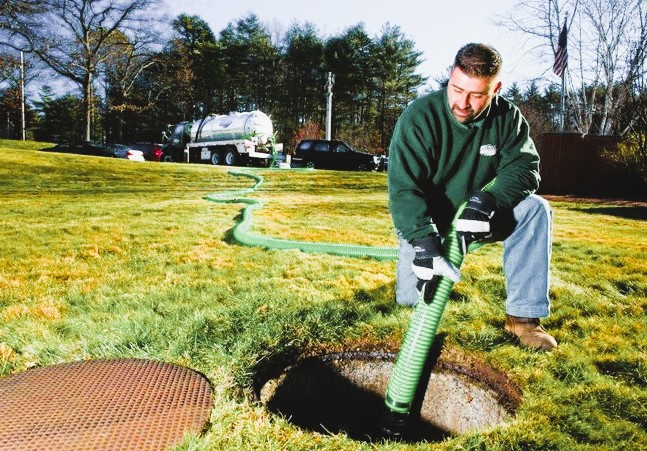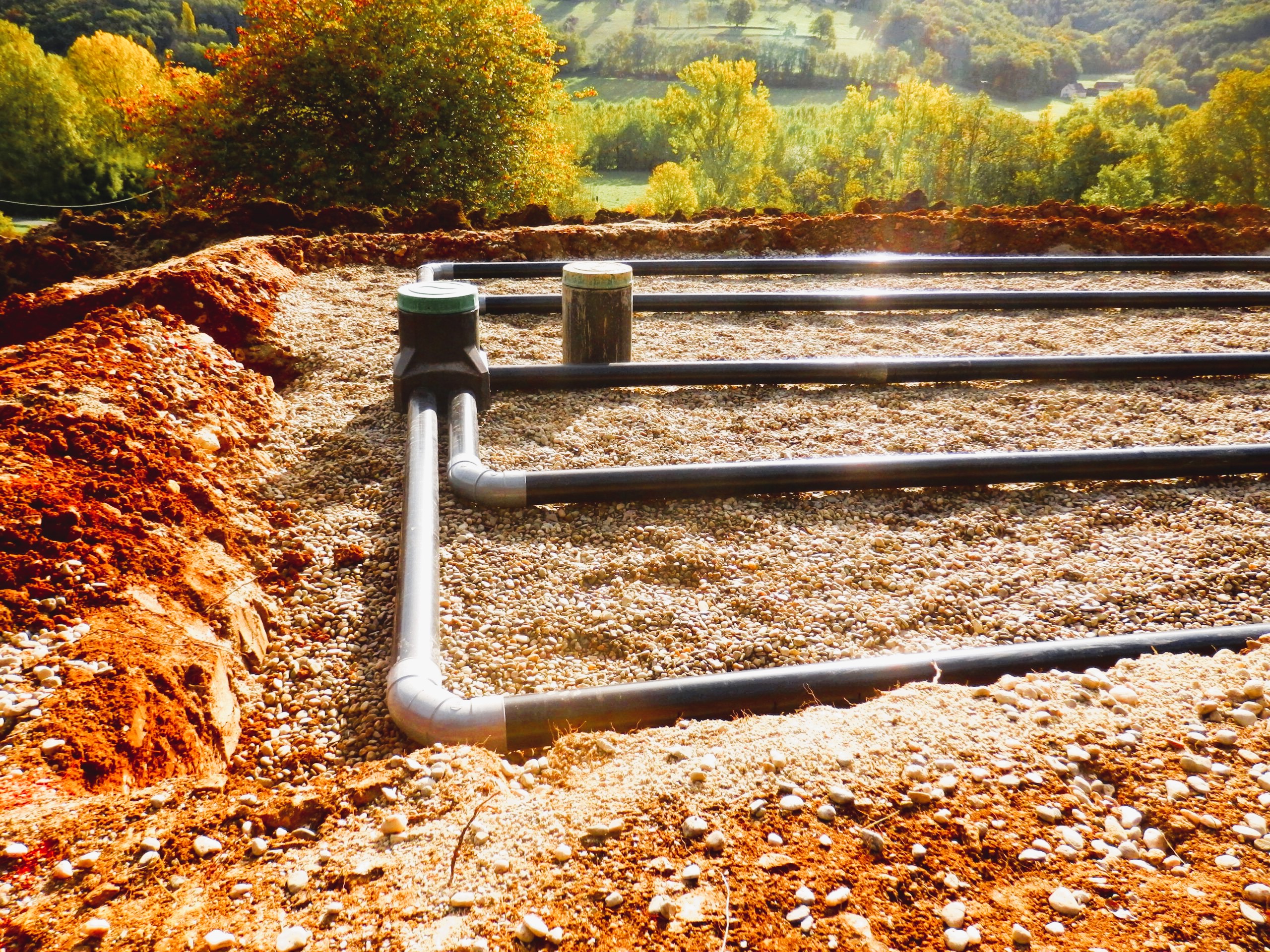Proper septic tank maintenance and regular pumping play a crucial role in protecting the environment and preserving water quality. By understanding the environmental benefits of septic tank maintenance, homeowners can contribute to sustainable wastewater management practices. Reputable sources such as Wikipedia and the Government of Canada’s official website (canada.ca) offer valuable information on septic systems and environmental standards.
1. Preventing Groundwater Contamination
Septic tanks are designed to treat wastewater from households that are not connected to centralized sewage systems. When septic tanks are not properly maintained or pumped, they can become overloaded, leading to untreated or partially treated wastewater seeping into the ground. This can contaminate groundwater, which serves as a source of drinking water for many communities. Regular septic tank pumping helps prevent the buildup of solids and ensures that wastewater is properly treated, reducing the risk of groundwater contamination.
2. Protecting Surface Water Quality
Septic systems that are not properly maintained can also pose a threat to surface water quality. When septic tanks overflow or leak, untreated or partially treated wastewater can find its way into nearby streams, rivers, or lakes. This can introduce harmful bacteria, pathogens, and excess nutrients into the water, leading to water pollution and the degradation of aquatic ecosystems. Regular septic tank maintenance, including pumping to remove accumulated solids, helps prevent these issues and protects surface water quality.
3. Preserving Soil Health
The proper functioning of septic systems relies on the natural filtration and treatment capacity of the surrounding soil. When septic tanks are not adequately maintained, solids can accumulate in the tank and eventually clog the drain field. This can lead to the failure of the septic system, resulting in sewage backup, odors, and potential health hazards. Regular pumping helps prevent solids from reaching the drain field, preserving soil health and ensuring the efficient treatment of wastewater. Private Rental Property Management in Canada: Tips for Landlords.
4. Reducing Nutrient Pollution
Septic systems that are not properly maintained can contribute to nutrient pollution. Excess nutrients, such as nitrogen and phosphorus, present in untreated or partially treated wastewater can enter water bodies and cause harmful algal blooms. These blooms can deplete oxygen levels in the water, leading to fish kills and other detrimental impacts on aquatic life. Regular pumping and maintenance of septic tanks help reduce the release of excess nutrients into the environment, mitigating the risk of nutrient pollution.

Standardization and Resources
Standardization plays a crucial role in ensuring the quality, safety, and environmental sustainability of septic systems. Reputable sources such as Wikipedia and the Government of Canada’s official website (canada.ca) provide comprehensive information on septic systems, environmental guidelines, and standards.
For detailed insights into septic tank maintenance and environmental standards, consider referring to the following resources:
These sources offer valuable information on septic tank maintenance practices, guidelines for pumping frequency, and environmental considerations for homeowners in Canada.
Conclusion
Proper septic tank maintenance and regular pumping have significant environmental benefits. By preventing groundwater contamination, protecting surface water quality, preserving soil health, and reducing nutrient pollution, homeowners can contribute to sustainable wastewater management practices and help protect the environment. Understanding the importance of septic tank maintenance and adhering to recommended pumping schedules is crucial for ensuring the efficient and environmentally responsible treatment of wastewater. Consult reputable sources and industry professionals to understand best practices and guidelines for septic tank maintenance. Prioritize the regular maintenance of your septic system to protect water resources, preserve soil health, and promote environmental sustainability in your community.

